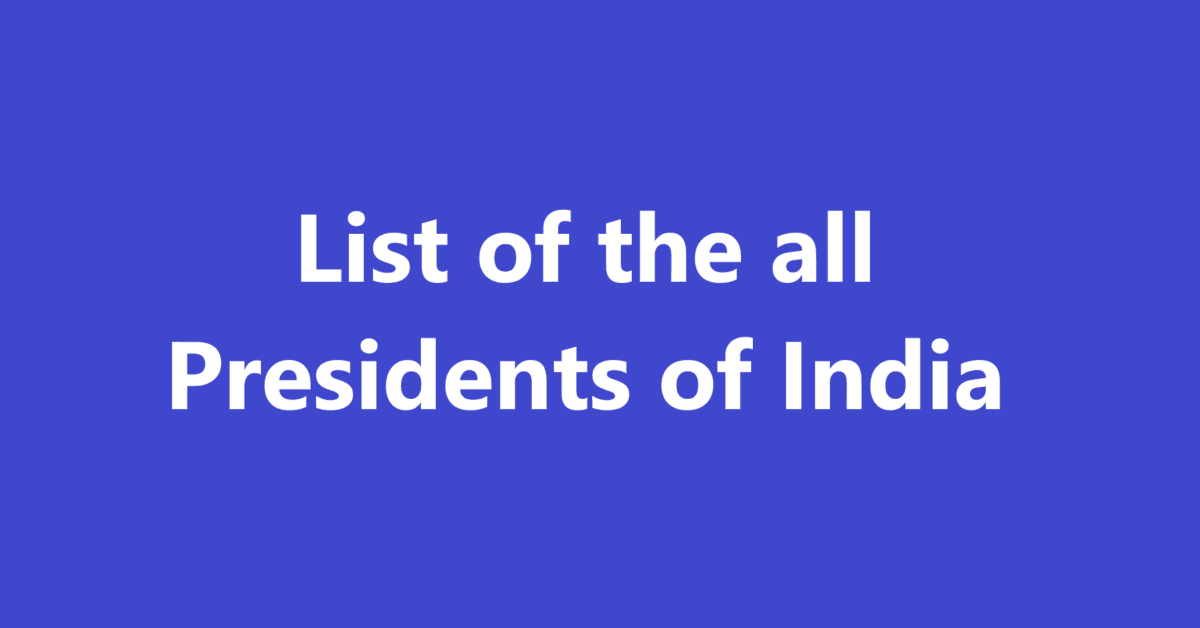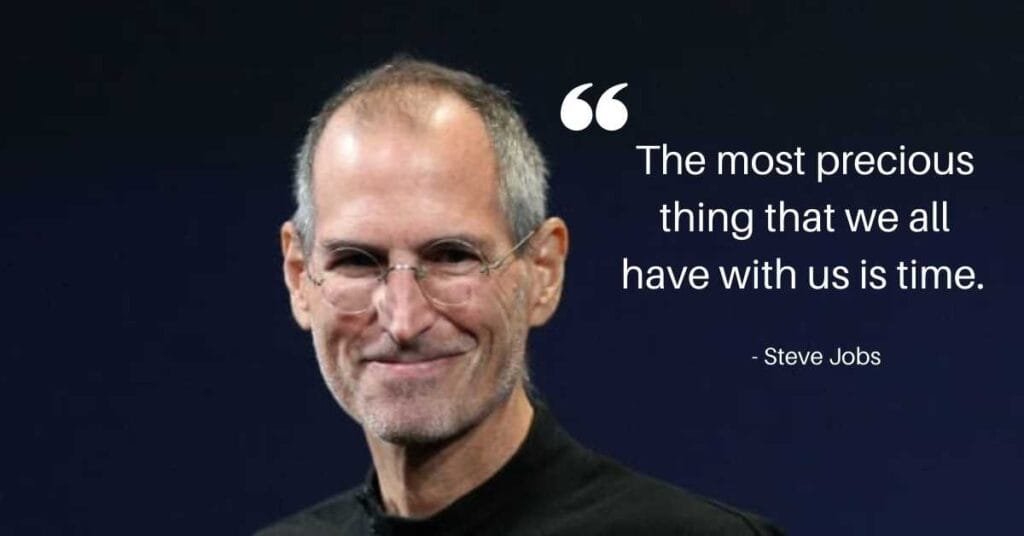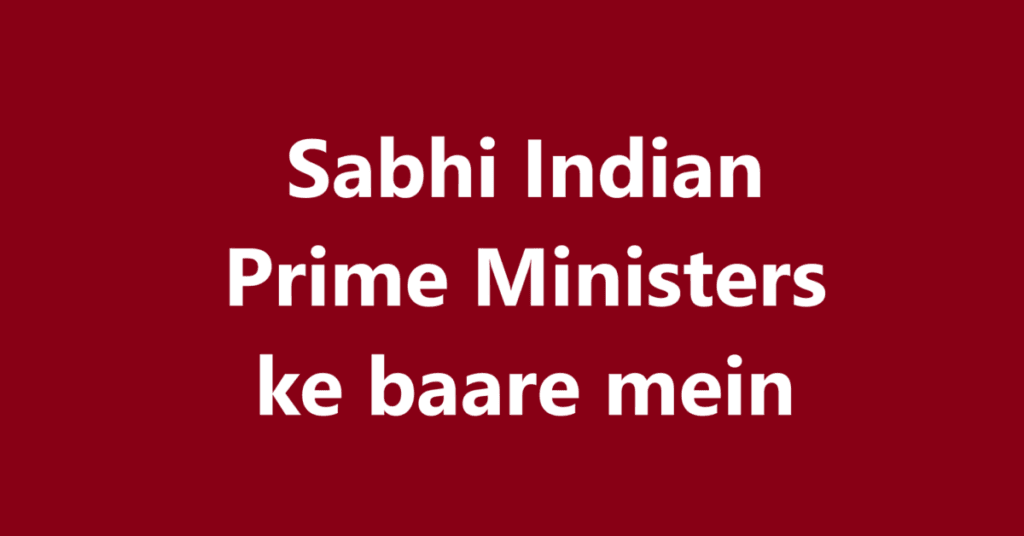In this blog you can get a comprehensive list of all the Presidents of India, along with detailed introductions for each:
1. Dr. Rajendra Prasad (1950-1962)
- Tenure: First President of India and a key figure in the Indian independence movement.
- Contributions: Dr. Prasad was a close associate of Mahatma Gandhi and played a significant role in framing the Indian Constitution. He is known for his commitment to democracy and his emphasis on education and rural development. He served two terms as President, the only one to do so.
2. Dr. Sarvepalli Radhakrishnan (1962-1967)
- Tenure: Second President and a distinguished philosopher and scholar.
- Contributions: Radhakrishnan was an influential figure in Indian education and was India’s first Vice President. His presidency was marked by the promotion of education, culture, and philosophy. He emphasized the importance of moral values in politics.
3. Dr. Zakir Husain (1967-1969)
- Tenure: Third President and the first Muslim to hold the office.
- Contributions: Dr. Husain was an educationist and a key architect of modern Indian education policy. His term was cut short due to his untimely death. He is remembered for his efforts to enhance educational institutions and promote school and higher education.
4. Varahagiri Venkata Giri (1969-1974)
- Tenure: Fourth President, also known as V. V. Giri.
- Contributions: Before becoming President, he served as the Governor of Uttar Pradesh and was a prominent trade union leader. His presidency was significant for its focus on labor rights and social equity. He was awarded the Bharat Ratna in 1975.
5. Fakhruddin Ali Ahmed (1974-1977)
- Tenure: Fifth President, known for his close association with Indira Gandhi.
- Contributions: Ahmed was the first President to die in office. His term witnessed the controversial declaration of Emergency in 1975, when civil liberties were suspended. He faced criticism for his role during this period but is remembered for his dedication to public life.
6. Giani Zail Singh (1982-1987)
- Tenure: Sixth President, known for his administrative experience and political ties.
- Contributions: Singh served as the Chief Minister of Punjab and was an advocate for national unity and communal harmony. His presidency was marked by significant events, including the Operation Blue Star crisis in 1984, which aimed to take control of the Golden Temple from militant Sikhs.
7. R. Venkataraman (1987-1992)
- Tenure: Seventh President, who had a notable political career before his presidency.
- Contributions: Venkataraman served as the Minister of Defense and Finances and was a member of the Indian National Congress. His presidency coincided with significant political changes in India, including the liberalization of the economy.
8. Dr. Shankar Dayal Sharma (1992-1997)
- Tenure: Eighth President, a seasoned politician and lawyer.
- Contributions: Sharma had a long political career, including serving as the Chief Minister of Madhya Pradesh. He was known for his efforts to promote social justice and worked towards maintaining communal harmony. He is remembered for attending the 50th anniversary of the UN in New York.
9. K. R. Narayanan (1997-2002)
- Tenure: Ninth President and the first Dalit to hold the office.
- Contributions: Narayanan was a prominent figure in Indian diplomacy, having served as the Indian Ambassador to the United States. His presidency focused on issues of social justice, equality, and economic development, and he played a crucial role in upholding the dignity of the office.
10. Dr. A. P. J. Abdul Kalam (2002-2007)
- Tenure: Tenth President, popularly known as the “Missile Man of India.”
- Contributions: Kalam was an aerospace scientist who played a pivotal role in India’s civilian space and military missiles programs. As President, he was known for his vision of India 2020 and his emphasis on youth empowerment and education. He remains an inspirational figure for many.
11. Pratibha Patil (2007-2012)
- Tenure: Eleventh President and the first woman to hold the office.
- Contributions: Patil was an advocate for women’s rights and rural development. Her presidency focused on social issues and education, and she was instrumental in promoting various initiatives aimed at improving the status of women in India.
12. Pranab Mukherjee (2012-2017)
- Tenure: Twelfth President, a veteran politician with an extensive political background.
- Contributions: Mukherjee served in various key roles as a minister, including Finance and Defense. Known for his intellectual prowess and administrative experience, he played a crucial role in economic reforms and strengthening democracy.
13. Ram Nath Kovind (2017-2022)
- Tenure: Thirteenth President and a member of the Bharatiya Janata Party (BJP).
- Contributions: Kovind previously served as the Governor of Bihar. His presidency focused on social justice, education, and rural development. He emphasized the importance of constitutional values and worked towards empowering marginalized communities.
14. Droupadi Murmu (2022-present)
- Tenure: Fourteenth President and the first tribal woman to hold the office.
- Contributions: Murmu has an extensive background in politics and has served as the Governor of Jharkhand. Her election represents a significant moment in Indian history, highlighting representation for tribal communities and women in leadership positions.
Conclusion
The Presidents of India have played a crucial role in shaping the nation’s political landscape, upholding the Constitution, and representing the Indian state. They have been influential in various aspects of governance, social justice, and the promotion of national integrity.


